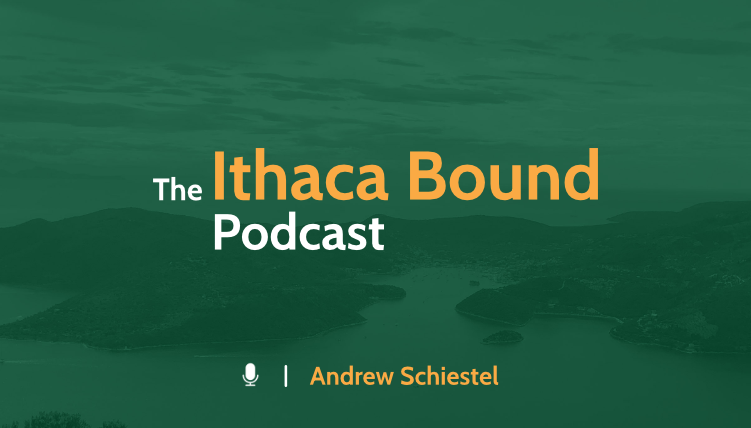The Etruscans were an ancient civilization on the Italian Peninsula that had a distinct language, were skilled at seafaring, and worshiped their own pantheon of deities. Professor Alexandra Carpino, Department of Comparative Cultural Studies, Northern Arizona University, joins the show to discuss this ancient civilization.
Some topics explored
- Who the Etruscans were and where they domiciled
- Ancient Roman and Greek writers who wrote about them
- The Etruscan language not being Indo-European
- Their adoption of an alphabet
- What’s known about what they wrote about and why much of these writings haven’t survive
- Although the works haven’t survived, scholars believe they wrote history and literature
- Literacy in the civilization
- The corpus of their writings that has survived
- Ancient artifacts that survive
- Etruscan text being discovered on linen as part of an Egyptian mummy (a Zagreb mummy known as Liber Lentius Zagrebiensis)
- Latin influencing Etruscan to some degree
- Similarities between the Etruscan language and an ancient language on the island of Lemnos called Lemnian
- Etruscan religion and their practices of fortune-telling
- Over 60 deities being known in their religious pantheon
- Similarities between their religion and ancient Roman and Greek religions, but their religion not being the same
- Romans and Etruscans intermarrying
- Evidence of Etruscan urban centres that are now certain Italian cities
- Etruscan becoming part of Rome in the First Millennium BCE
- Their practice of art preceding the Romans
- Roman numerals coming from the Etruscans
- Etruscan civilization discoveries in the Italian Renaissance
Listen to the episode
The episode can be streamed below and is also available on major podcast apps: Apple Podcasts, Spotify, and Amazon Music.
Show Notes
- Professor Carpino is co-editor and contributed a chapter to the book A Companion to the Etruscans (Wiley, 2016)
- Professor Carpino provided this additional material for the show notes: “I reviewed what we know about the Etruscans with respect to the Second Punic War and it looks like the Romans suspected the Etruscans would become loyal to Hannibal but they did not, in general, maintaining their alliances with Rome and even to the extent that some Etruscans served in the Roman army. Some individuals, it appears, were connected to Hannibal, as the funerary inscription of Larth Felsna from Tarquinia makes clear (it includes the name of Hannibal in Etruscan: hanipaluscle). Livy also tells us that several Etruscan cities were among the first to help supply Scipio Africanus with grain (Cerveteri & Volterra), iron (Populonia), cloth (Tarquinia), timber (Arezzo, Perugia, Chiusi), & weaponry (Arezzo) – these contributions demonstrate the continuing economic wealth of these cities in the late 3rd c.”



Comments are closed, but trackbacks and pingbacks are open.